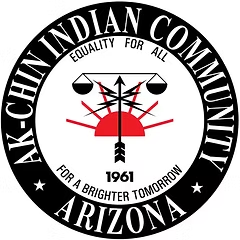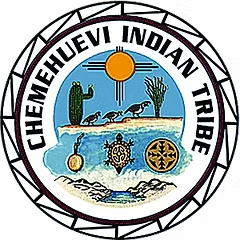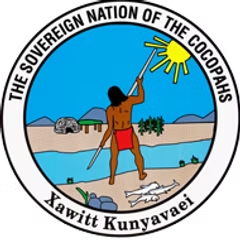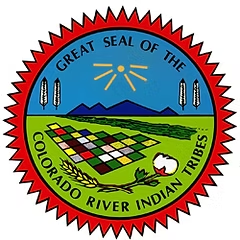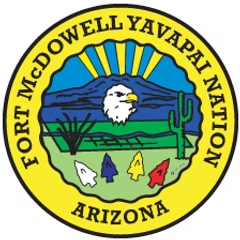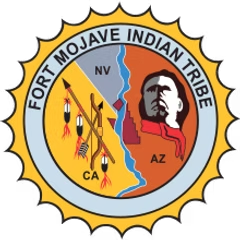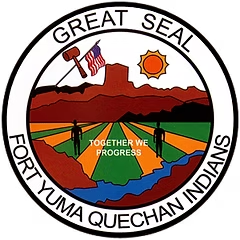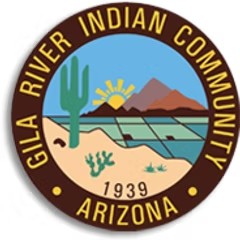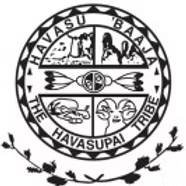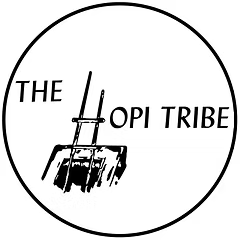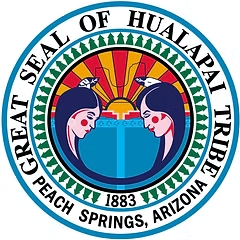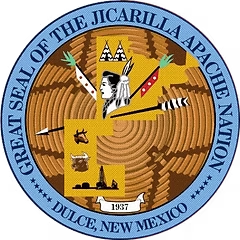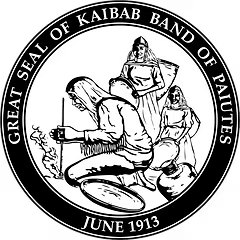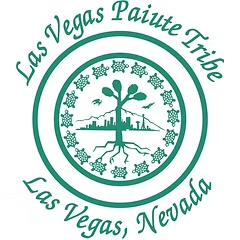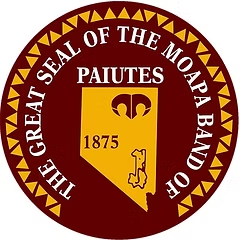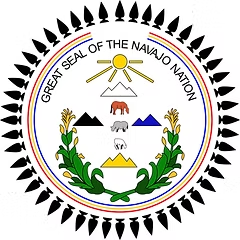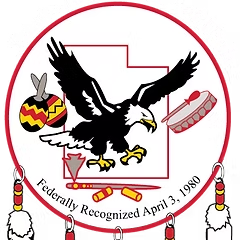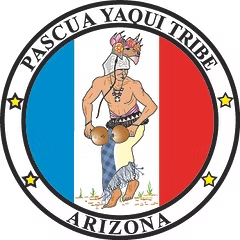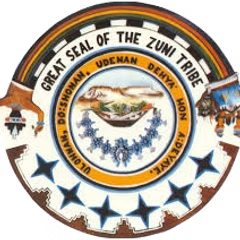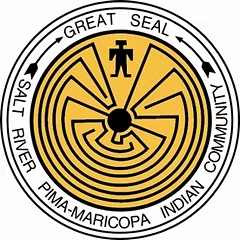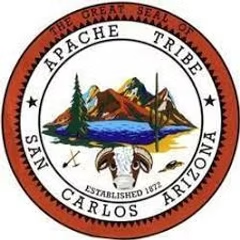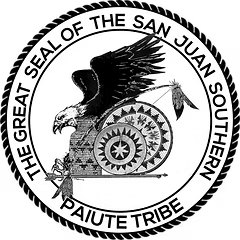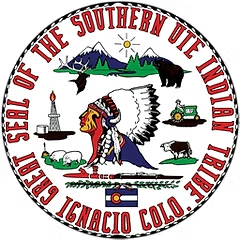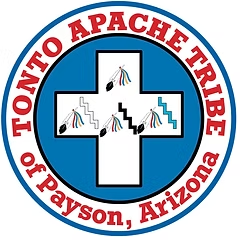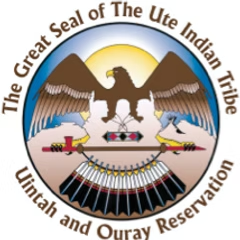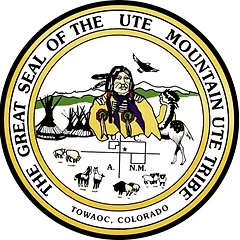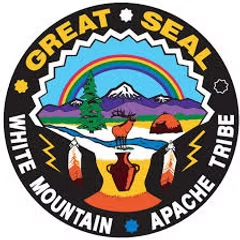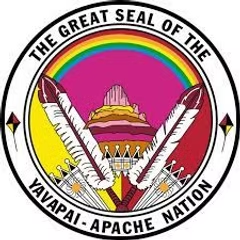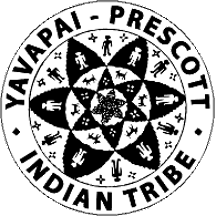Tribal Nations
The Original Stewards
Water is Life
Indigenous peoples and Tribal Nations have existed within the Colorado River Basin since time immemorial. Today, there are 30 federally recognized Tribal Nations within the Colorado River Basin, each with distinct histories and cultural ties to the region and its waters. These Tribal Nations hold significant water rights, some of which are the most senior. Tribal Nations were historically excluded from Colorado River management decisions, and their participation in these decisions is crucial for achieving equitable and sustainable water management.
“Water is life,” a phrase rooted in Indigenous languages and philosophies, signifies the sacredness and interconnectedness of water with all life. It’s a core belief for many Tribal Nations, emphasizing that water is not merely a resource, but a living entity with its own spirit and a vital role in sustaining ecosystems and cultures.
“All of this water is for our use and we need to use it. There is going to be a give and take, there’s going to be negotiations made and there’ll be some decisions where we might not agree, but we need to come to the table. Time is of the essence,” said Manuel Heart, Chairman of the Ute Mountain Ute Tribe, at the 2022 Colorado River Water Users Association annual conference. “We as tribes also look at the traditional part of it, and we pray. We pray to our Creator because this is our Creator’s creations – each one of you, each one of the living beings that live on this land, and also in the water.”
Recent Updates: UCRC MOU Letter
On March 22, the six Upper Basin Tribal Nations signed a memorandum of understanding with the Upper Division States to engage and cooperate on Colorado River issues of shared interest. The MOU is the culmination of years of work and underscores a collective commitment to mutual respect, shared responsibility, and sustainable management of the Colorado River.
Upper Basin 4 U’s Letter
Much of the Upper Basin Tribal Nation’s water is still undeveloped, meaning that the water rights are reserved to the Tribes, but have not yet been put to use. This water has been flowing downstream and into Lake Powell, where it is used by others.
The Upper Basin Tribal Nations coined the term “the Four U’s” to summarize the problems that the Upper Basin Tribal Nations face with their water rights:
- Undeveloped water rights;
- Unquantified water rights;
- Unused water rights; and
- Uncompensated water rights.
The Upper Basin States support the Upper Basin Tribes deriving benefits from settled, quantified, and adjudicated federal reserved tribal water rights, related to the Four U’s.
Pa’a Nuu’aag’at, Water is Life: An overview of the Ute Mountain Ute Tribe’s Water Resources
The Ute Mountain Ute lands are experiencing this firsthand with reduced snowpack, changed snow behavior, decreased groundwater recharge, reduced spring discharge, and many other water sources are being affected, if not exacerbated, by climate change.
Colorado River Basin Ten Tribes Partnership Tribal Water Study
The Tribal Water Study builds on the scientific foundation of the Colorado River Basin Water Supply and Demand Study (Basin Study) and advances critical information about the member tribes beyond the limited assessment of tribal water in the Basin Study.
10 Tribes Partnership
The Ten Tribes Partnership is a coalition of Upper and Lower Basin Tribal Nations. Formed in 1992, the goal of the Ten Tribes Partnership is to increase the influence of tribes in Colorado River management and provide support for the protection and use of tribal water resources.
Water & Tribes Initiative
The Water & Tribes Initiative emerged in 2017 with two objectives:
- Enhance the capacity of Tribes to manage water resources and to engage in water policy and governance discussions; and
- Support sustainable water use through collaborative problem-solving
Map of the 30 Federally Recognized Basin Tribes
The federal government recognizes 30 Tribal Nations in the Colorado River Basin, spanning Colorado, Utah, New Mexico, Arizona, Nevada, and California.
Indigenous Women’s Leadership Network
The Indigenous Women’s Leadership Network is a leadership program of the Water & Tribes Initiative. It was launched in 2021, recognizing that Indigenous women play many important leadership roles in Tribal communities.
30 Federally Recognized Basin Tribes
Disclaimer: The resources listed on this page are provided for public education and exploration. Inclusion does not imply endorsement by the Colorado Department of Natural Resources, and the views expressed are those of the original creators. This list is not exhaustive, and the absence of a particular resource should not be interpreted as disapproval or disagreement. We aim to offer a range of perspectives to support a broader understanding of the Colorado River.
